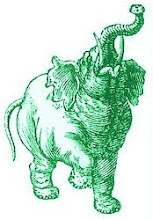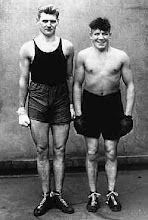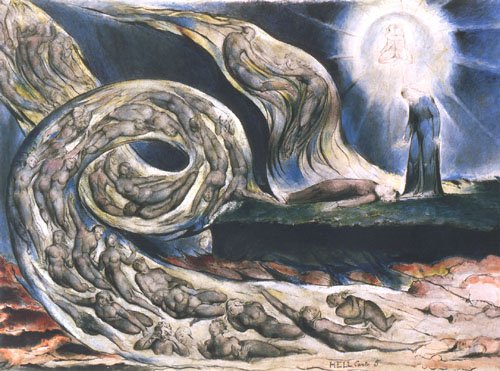


30 06 2010 DHAKA — Violent protests by thousands of Bangladeshi garment workers demanding higher pay turned main roads in the capital Dhaka into a battleground Wednesday, as riot police struggled to break up the crowds.
For four hours, a 15,000-strong crowd of garment workers, who sew clothes for top Western brands, blocked the city’s main Rokeya highway, hurling rocks at riot police who responded with tear gas, rubber bullets and water cannon.
« At least ten policemen were injured by some 15,000 to 20,000 protesters demanding wage increases — they blocked a main road and threw bricks at the police, » Dhaka’s deputy police commissioner, Salim M. Jahangir, told AFP.
« Four people have been arrested, » he said, adding that it had taken hundreds of riot police several hours to bring the protesting workers under control.
Union leaders and eye-witnesses said up to 50 garment workers were injured, some seriously, when the police moved in and broke up the protest. Police were photographed by AFP beating several teenage workers with wooden batons.
Some 50 small garment factories in the affected area were forced to shut for the day, the second disruption in a week to hit Bangladesh’s protest-prone garment sector.
Bangladeshi workers, who make clothes for major Western brands such as Wal-Mart and H & M, have been demanding wages of at least 5,000 taka (70 dollars) a month.
The current minimum wage, which is the lowest in the world, is just 25 dollars.
Last week hundreds of major factories in the key industrial zone of Ashulia outside the capital were briefly shut following days of violent protests which factory owners said created « panic and anarchy. »
The factories were reopened a day later after the government brought in nearly a thousand riot police to guarantee security.
Wednesday’s trouble began at four factories, owned by one of the country’s leading garment manufacturers, and then spread to the fifty factories along a five-kilometre (three-mile) stretch of road in the Kafrul and Mirpur areas.
Garments accounted for nearly 80 percent of Bangladesh’s 15.56 billion dollars of exports last year. The factories employ around 40 percent of the industrial workforce.
An emergency meeting between affected garment factory owners, protesting workers and the area’s member of parliament, aimed at resolving the dispute and reopening factories, has been scheduled for late Wednesday, police said.
The government has said it will raise the mandatory minimum wage for the country’s three million garment workers by the end of July and has urged them to be patient.
For four hours, a 15,000-strong crowd of garment workers, who sew clothes for top Western brands, blocked the city’s main Rokeya highway, hurling rocks at riot police who responded with tear gas, rubber bullets and water cannon.
« At least ten policemen were injured by some 15,000 to 20,000 protesters demanding wage increases — they blocked a main road and threw bricks at the police, » Dhaka’s deputy police commissioner, Salim M. Jahangir, told AFP.
« Four people have been arrested, » he said, adding that it had taken hundreds of riot police several hours to bring the protesting workers under control.
Union leaders and eye-witnesses said up to 50 garment workers were injured, some seriously, when the police moved in and broke up the protest. Police were photographed by AFP beating several teenage workers with wooden batons.
Some 50 small garment factories in the affected area were forced to shut for the day, the second disruption in a week to hit Bangladesh’s protest-prone garment sector.
Bangladeshi workers, who make clothes for major Western brands such as Wal-Mart and H & M, have been demanding wages of at least 5,000 taka (70 dollars) a month.
The current minimum wage, which is the lowest in the world, is just 25 dollars.
Last week hundreds of major factories in the key industrial zone of Ashulia outside the capital were briefly shut following days of violent protests which factory owners said created « panic and anarchy. »
The factories were reopened a day later after the government brought in nearly a thousand riot police to guarantee security.
Wednesday’s trouble began at four factories, owned by one of the country’s leading garment manufacturers, and then spread to the fifty factories along a five-kilometre (three-mile) stretch of road in the Kafrul and Mirpur areas.
Garments accounted for nearly 80 percent of Bangladesh’s 15.56 billion dollars of exports last year. The factories employ around 40 percent of the industrial workforce.
An emergency meeting between affected garment factory owners, protesting workers and the area’s member of parliament, aimed at resolving the dispute and reopening factories, has been scheduled for late Wednesday, police said.
The government has said it will raise the mandatory minimum wage for the country’s three million garment workers by the end of July and has urged them to be patient.


















No comments:
Post a Comment